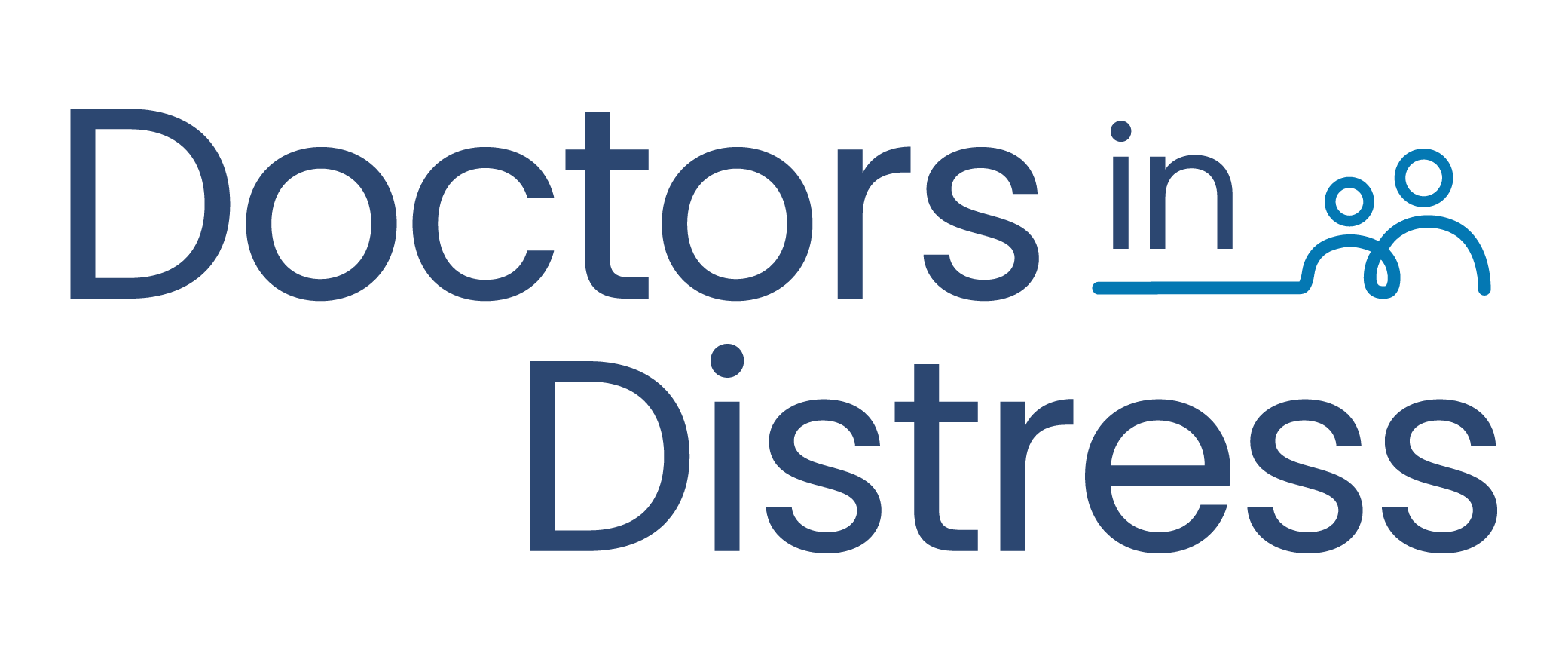ACC Conference Programme 2024
Updated guidance on Anti-platelets
01 Oct 2024
AGM Clinical Theatre C
Antiplatelet therapy is a crucial component in the prevention and management of cardiovascular diseases, particularly in conditions like acute coronary syndrome (ACS), percutaneous coronary intervention (PCI), and stroke. Staying updated with advancements and guidelines is essential for optimizing patient outcomes. Mechanisms of action include aspirin, P2Y12 inhibitors, and GPIIb/IIIa inhibitors. Recent advances include Cangrelor, an intravenous P2Y12 inhibitor useful during PCI, and Vorapaxar, a protease-activated receptor-1 antagonist that inhibits thrombin-induced platelet aggregation.
Pharmacogenomics is used to optimize clopidogrel therapy, especially in patients who are poor metabolizers. Patient characteristics are tailored based on age, weight, comorbidities, and risk factors to maximize efficacy and minimize adverse effects. Guidelines and recommendations include Dual Antiplatelet Therapy (DAPT) duration, de-escalation and escalation strategies based on patient risk profiles, and monotherapy after a period of DAPT. Risk-benefit assessments help balance bleeding risks while maintaining antithrombotic efficacy, using tools like PRECISE-DAPT and DAPT scores to guide therapy duration and intensity.
Common side effects include managing gastrointestinal bleeding associated with aspirin and dyspnea with ticagrelor, while severe adverse effects involve approaches to handle rare but serious complications like thrombotic thrombocytopenic purpura. Special populations such as elderly patients, renal impairment patients, and perioperative management are also considered. Future directions and research include emerging therapies, ongoing clinical trials, and personalised medicine.

